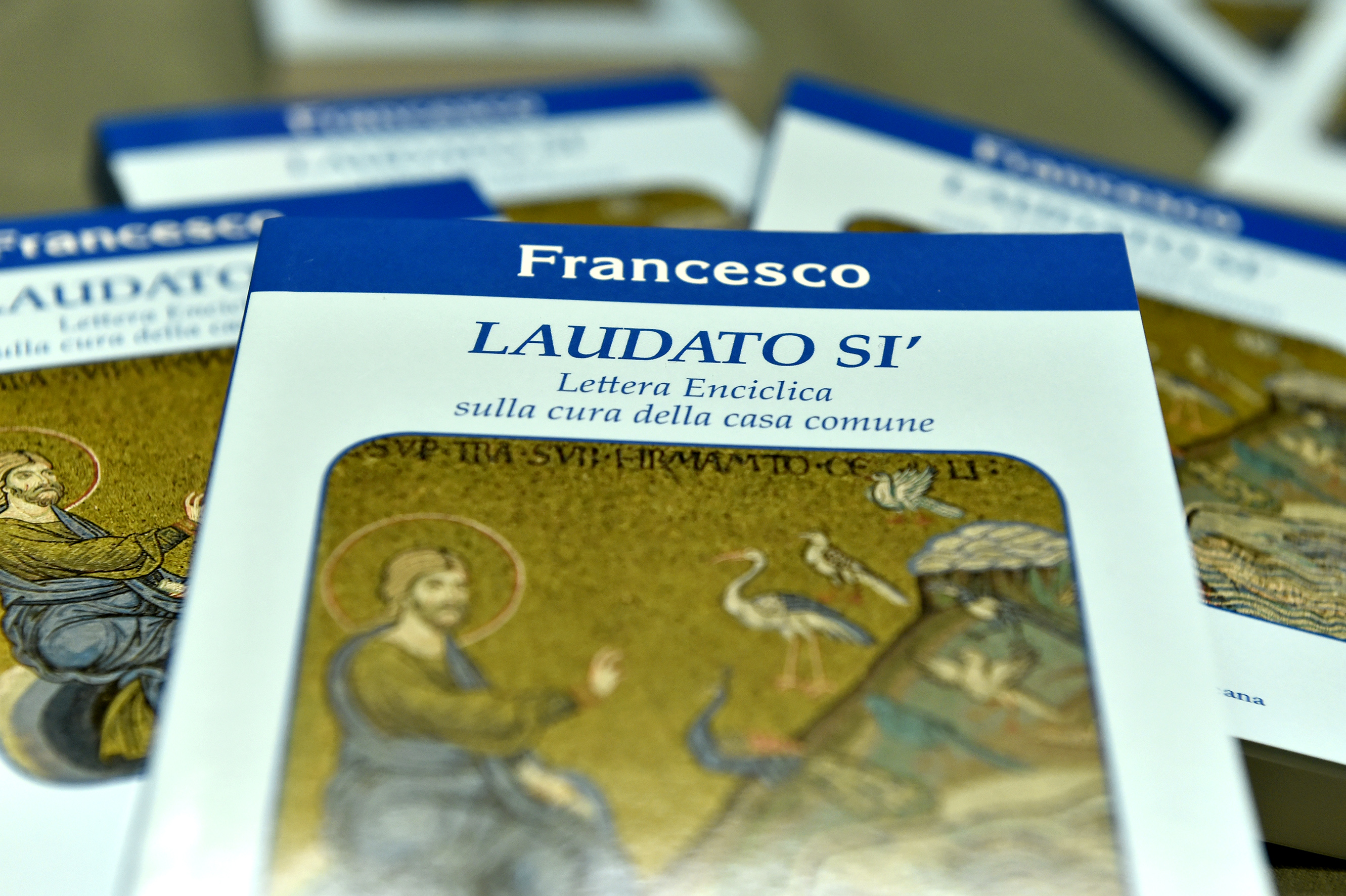Interview
Paul Nathanail, Professor of Geology, has inserted the text by Pope Francis in the master’s degree program on environmental management. Bergoglio, said the British scholar, “is a spiritual leader who encourages the faithful to take good care of the environment.” A Catholic Church document in an University of the United Kingdom? “Yes, I would like my students to learn to have a mind of their own”

At the University of Nottingham, in a markedly secularised United Kingdom, where on a population of sixty million, most of whom are baptized and less than 4 million go to church, and where a few weeks ago Oxford University banned the most important Christian group from freshers’ fair, Laudato si’ will be used as a textbook in the master’s program on environmental management. The news was welcomed – with surprise – also by the Catholic Bishops’ Conference of England and Wales. “We don’t know of other secular atheneums that include Church documents in their academic programs. It’s quite unusual. Undoubtedly – said a spokesperson of the bishops – it is one of the many fruits of this pontificate.” The protagonist of this story is Geology Professor Paul Nathanail.
Professor Nathanail, why did you decide to adopt the encyclical of Pope Francis? It is widely acknowledged that the scientific realm identifies the problems and has the know-how to address them, but it’s important to encourage people to change their behaviour, which is something that scientists and engineers cannot do. We find it very interesting that such an important spiritual leader like the Pope, who guides millions of people, has decided to use his moral authority to encourage specific environmental behaviours. We are not facing a scientist, an engineer or an economist, telling us what to do. He’s a spiritual leader who calls upon the faithful to take good care of the environment.
Why is this interesting for academics and scientists? The problem of environmental management is not confined to identifying the most urgent problems – ranging from climate change to pollution –, it also means identifying the solutions and putting them into effect in everyday life. After completing their studies my students are bound to start working in consulting firms, control authorities, ministries for environmental protection in the area of environmental management. They will develop policies or implement them.
How did you concretize the adoption of Laudato si? ’I used it in small groups. Students were asked to read it and then we discussed it together in class.
How did you learn about Laudato si’? Did you ever consider the problem of introducing an encyclical within a secularized academic environment where some students could label it as “politically incorrect”? I came across Laudato si by chance, on Twitter, and I thought that being a Catholic document wouldn’t be a problem, since students are free to have a critical approach to the text.
I would like those attending my courses to learn to think for themselves
counting on a variety of ideas, and there are no limits to what we teach, for we are all deeply knowledgeable of our respective academic subjects. Along with the encyclical we gave students the speech to insurance companies delivered by the Governor of the Bank of England, Mark Carney, Catholic, who warned that climate change risks jeopardising the possibility of being insured against floods, storms and heat waves, since these natural disasters have increased six-fold since the 1950s.
Are you a religious person? I’d rather not answer this question because I consider it not relevant. I have decided to introduce the study of Laudato si because I believe that being exposed to the thought of an important personality, who has chosen to use his position to encourage a certain style of environmental behaviour, is an advantage for my students.
Did you also hold a seminar on Luther with one of your colleagues? I did: on the occasion of the 500th anniversary of the Protestant Reformation I drew a comparison between Luther and contemporary published writings. I spoke of when his 95 Theses were posted on the door of All Saints’ Church in Wittenberg and compared them with the publications found online today. In the second part of the seminar we explained that initially the Protestant Church did not address environmental issues, while recently a number of Protestant theologians have focused on the responsibility of caring for nature.
So it would appear that at Nottingham University “political correctness” doesn’t prevent leaving room for religion … I think that in our University some professors have strong anti-religious sentiments, while others are religious. The approach of our institution is neutral. We celebrate Christmas with a function of religious music and we allow our students to organize their exams in compliance with the observance of religious festivities.